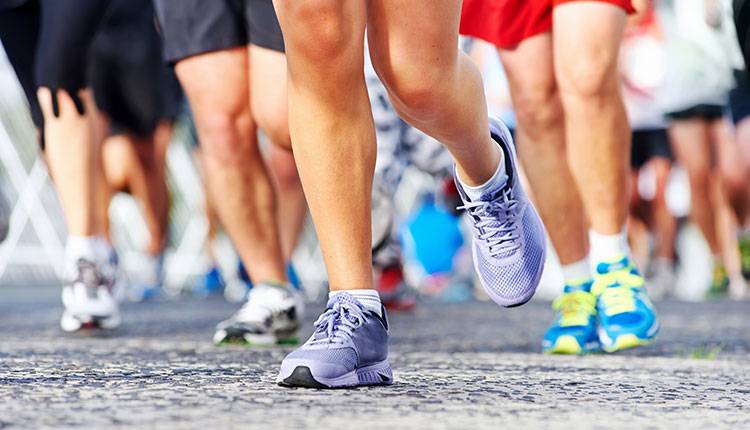
The annual American Fitness Index rankings are out. Arlington, Virginia, has been named “America’s Fittest City”. The study also shows the link between exercise and mental health.
American Fitness Index 2022: Rankings out!
The American Fitness Index rankings published by the Elevance Health Foundation and the American College of Sports Medicine (ACSM) named Arlington, Virginia as the fittest city in the US.
Fitness Index evaluated America’s 100 largest cities using 34 evidence-based indicators. Arlington, Virginia, was the nation’s fittest community for the fifth consecutive year. Rounding out the top 10 fittest cities are Madison, Wisconsin; Minneapolis, Minnesota; Washington, D.C.; Seattle, Washington; Irvine, California; Portland, Oregon; St. Paul, Minnesota; Denver, Colorado; and Chicago, Illinois.
“Congratulations to those city leaders and planners who led efforts to develop parks and playgrounds. Build bike paths and safe streets, and offer a built environment that encourages physical activity,” stated Shantanu Agrawal. Agarwal is the chief health officer of Elevance Health.
“As we entered another year of the pandemic, health disparities in our communities continued to be an issue, which only encourages us to tackle health equity head-on. We were also faced with another year of loss, sickness, and isolation, resulting in the need for improved mental health. As we start to return to our previous routines, we need to underscore the significant mental and physical health benefits that exercise has in our lives,” he added.
The index offers valuable research for making a life-changing decision in systems, policy, and environmental change. These parameters help the city officials in making changes to help drive fitness and health benefits to residents.
The report reflected the pandemic’s toll on mental health
For the first time, the data reflected the pandemic’s toll on mental health.
On average, 39.6% of residents in the Fitness Index cities reported poor mental health.
Cities reporting the highest rates of poor mental health include New Orleans, Louisiana; Laredo, Texas; San Francisco, California; Washington, D.C.; San Jose, California; Madison, Wisconsin; Lubbock, Texas; Stockton, California; Riverside, California; and Cincinnati, Ohio.
Mental health took a toll owing to stress from various sources such as social isolation. Additionally, supply chain issues and job losses aggravated it.
“We found cities ranked in the top 25 tended to score well in personal health indicators. But the one exception was mental health,” stated Stella L. Volpe. Volpe is the chair of the advisory board for the American Fitness Index. “Beyond the benefits of physical health, we also know that regular physical activity can provide mental health and social health benefits,” she added.
Among adults who never had a mental health struggle, 58% perceived that the pandemic damaged emotional or mental health.
“Some common causes might include social isolation, job loss, or working in high-risk service jobs. They were more likely to expose individuals to COVID-19,” stated the report.
Research shows that mental and physical health are closely linked. Aerobic exercises and strength training help in preventing and reducing symptoms of depression and stress.
Unfortunately, the report reveals that more than one in five adults did not exercise at all in the past month and nearly half of adults did not get enough aerobic activity.
“It’s widely agreed that the rates of anxiety and depression are two to three times what they were (before) the pandemic, and they haven’t leveled back out. When people are not feeling mentally well, more often than not, their physical health will suffer,” stated Dr. Joe Parks. Dr. Parks is the medical director of the National Council for Mental Wellbeing. “And when people have bad physical health, their mental health is not as good. The federal government is offering an opportunity, but it’s up to the individual states to pick up that opportunity and take advantage of it to give people better access,” he added.
